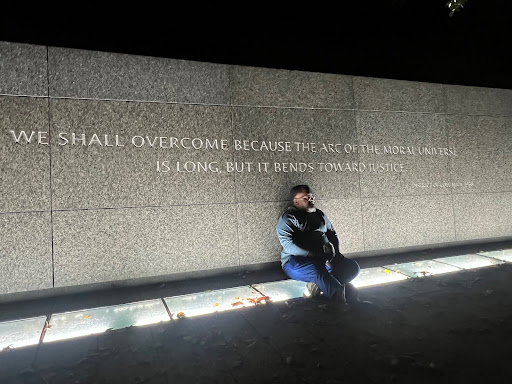The extent to which Denver Public Schools and its board are stumbling and bumbling through an ill-conceived effort to limit the freedoms of their 52 innovation schools would be comical if the stakes for children weren’t so high.
Instead, the series of missteps and miscommunications amounts to an infuriating dereliction of duty, all in the name of…what exactly? Payback to the teachers union? Pure power politics for its own sake?
The whole situation has devolved into an incoherent mess.
If the level of ineptitude displayed throughout this process is any indication, those of us who feared what this board and Superintendent Alex Marrero might do to stall the modest but real progress of the past decade-plus have little to worry about.
There have been so many new developments in the past couple of weeks that it is hard to keep track. What kept the fires stoked was the release of a DPS staff memo in mid-April detailing exactly how the changes adopted by the board in March on a 5-2 vote would affect innovation schools.
District staffers combed through the master agreement between the Denver Classroom Teachers Association and DPS, which now in large part dictates what waivers innovation schools can hope to acquire, and found that most of the meaningful freedoms are now gone, or will be when the changes take full effect a year from now.
No more calendar flexibility. No longer can innovation schools reject “direct placement” of unwanted teachers into their schools. No more setting additional time for staff professional development. Set the amount of additional pay for teachers for extra duties? Forget it.
These discoveries by DPS staff in some cases directly contradicted what school leaders and board members had been told during the debate over the policy change. And this has led to a fracturing of the progressive coalition backing the board.
The 7-0 “union supermajority board” has fractured as well over the innovation issue, and whether those wounds can be healed remains to be seen. Four board members have demanded from Marrero a school-by-school accounting of the impacts of the innovation changes.
Some board members who have been close to the DCTA are wondering whether the union’s naked self-interest makes it a bad ally.
I know “circular firing squad” is a tired cliché, but that’s exactly what this is starting to resemble.
At least one board member (Tay Anderson) has said publicly that he was lied to about the impacts on schools of the innovation policy changes. Others have said the same, but privately. It’s not clear who they believe told the alleged lies – fellow board members or Marrero and his staff.
School leaders also have taken to social media and email to claim the same – that board members and other advocates for curtailing innovation school freedom misled them about the impact the changes would have.
Sheldon Reynolds, a highly respected Black innovation school principal, took to Facebook to blast the board.
“I’ve never seen a (school board) that is so disruptive and damaging to the work of educating kids,” Reynolds wrote, adding that as things now stand, he won’t enroll his own child in a DPS middle school next year, and he’s rethinking whether he wants to work for the district.
When a particularly strident white progressive teacher who hides behind a pseudonym described Reynolds’ comments as “a serious overreaction,” Anderson jumped down his throat. “…yet again you’re telling another Black leader in our district how to feel about a situation without checking your own privilege. The tone policing is anti-Black…” Anderson wrote.
Anderson and three of his colleagues have now demanded that DPS undertake a school-by-school inventory of exactly how the innovation school policy changes will affect individual schools. A full or partial reversal of those changes seems possible, if unlikely.
If all that didn’t provide enough drama, Marrero’s human resources chief last week wrote an intimidating letter to all school leaders warning them not to take public positions in their official capacities that contradict those of the district.
The flashpoint here was proposed state legislation that would protect the innovation schools that are part of semi-autonomous innovation zones from just the sort of damaging interference we’ve witnessed over the past two months. That bill sailed through the State Senate – over Marrero’s objections – and is about to be debated in the House, where its prospects are unclear.
The warning shot across the bow of school leaders provoked yet another outcry from those leaders, as well as from James Coleman and Chris Hansen, the two senators from Denver who sponsored the bill.
“…we have been utterly shocked by the response from our school district,” Coleman and Hansen wrote to their Denver senate colleagues. “Misinformation has been spread about what this bill does, our reputations and those of lifelong DPS educators impugned, and most disturbingly, fear and concern have only increased.”
Stay tuned. Something tells me I’ll be writing about this issue again, though I wouldn’t dare hazard a guess about what the next plot twist will reveal.
But it’s worth noting that, yet again, none of this has anything to do with Denver’s children. We can only hope they won’t take the lessons offered by adult behavior out onto the playground.




